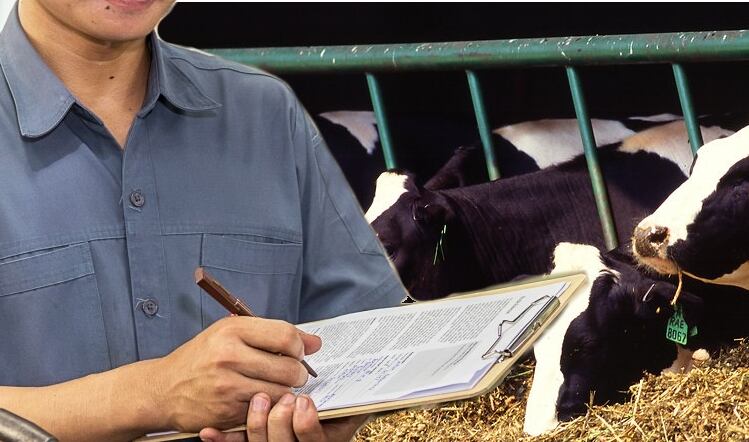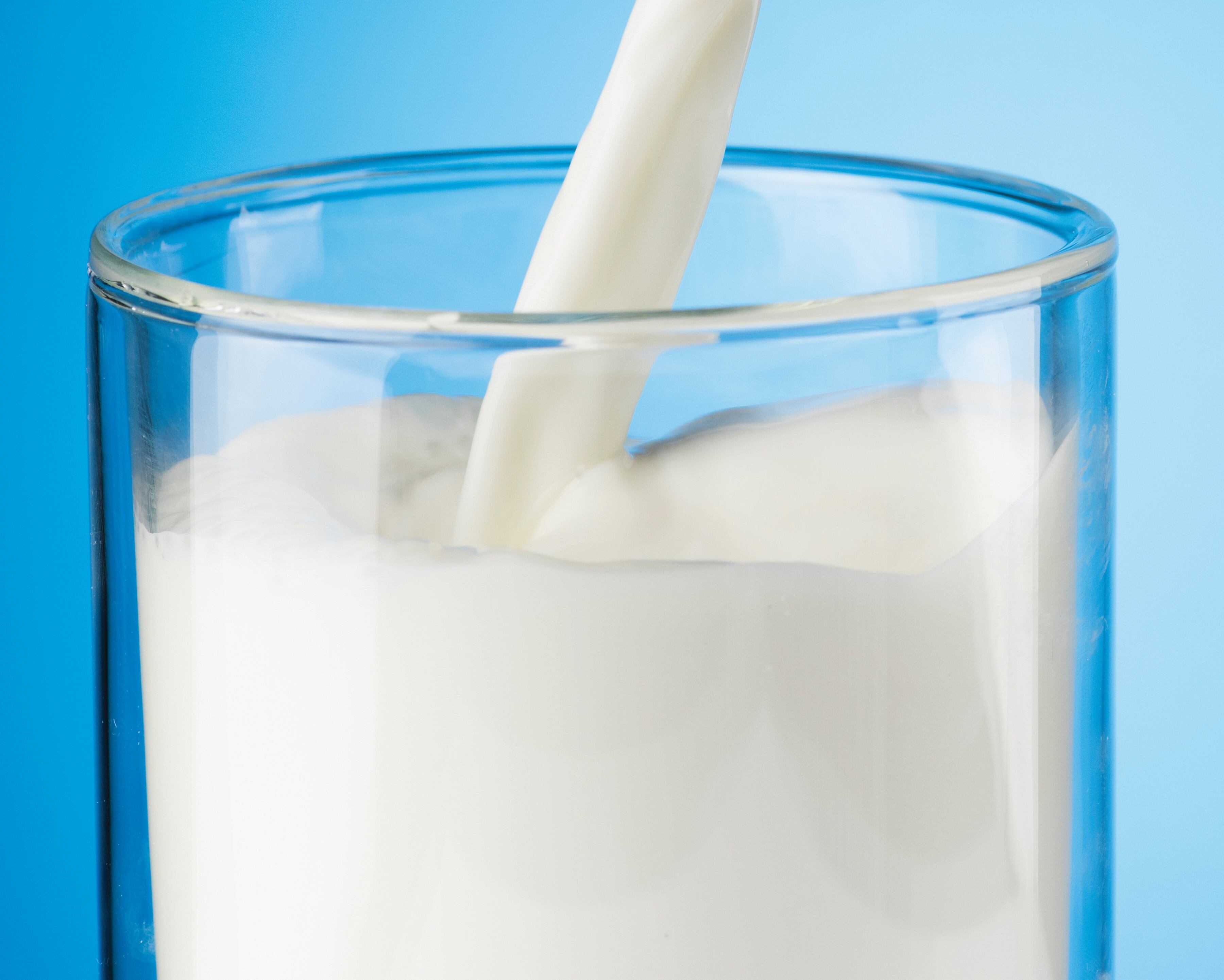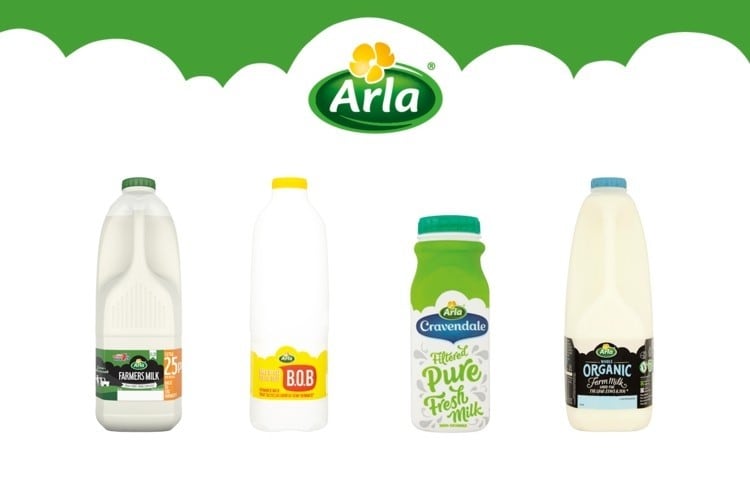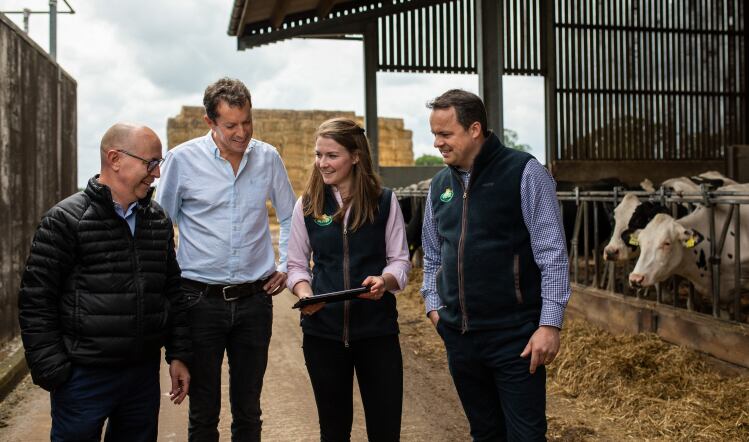The group’s farmer owners, 2,300 of whom are based in the UK, will input externally verified data from their farm on factors including herd size, milk volumes, feed, energy and fuel usage and will be scored to help identify areas where they can further reduce their carbon emissions.
While current measurements have shown that Arla produced milk with less than half the average emissions-per-litre compared to global dairy production, the new data would help the processor reduce its carbon footprint on each farm by 3% per year and meet its 30% reduction target by 2030.
Sustainability and environmental impact
Managing director Ash Amirahmadi said: “Sustainable foods must not only minimise environmental impact, but also be nutritionally adequate, remain affordable and support biodiversity ecosystems.
“Arla is working towards all this in the production of its dairy products and, with Arla farmers producing around 14bn litres of milk a year, on-farm changes could have a significant impact on the cooperative’s overall emissions.”
The announcement is the latest in a series of sustainability measures taken by Arla and its farmer owners.
Research into emissions
Measures included: participating in the development of a global and scientifically approved way to measure carbon sequestration; Arla’s own research to evaluate ways methane emissions might be reduced through feed choices; and experimenting with ways to increase on-farm biodiversity.
Farmer owner David Christensen added: “Caring for the world around us plays a huge part in that, and having the science-based targets to help us keep on improving will ensure Arla’s farmers go even further with their efforts. I’m very proud to think we are trying to improve the countryside while making a living producing milk.”
Meanwhile, Arla is one of a growing number of manufacturers that have adopted a direct-to-consumer sales approach for some product lines.





